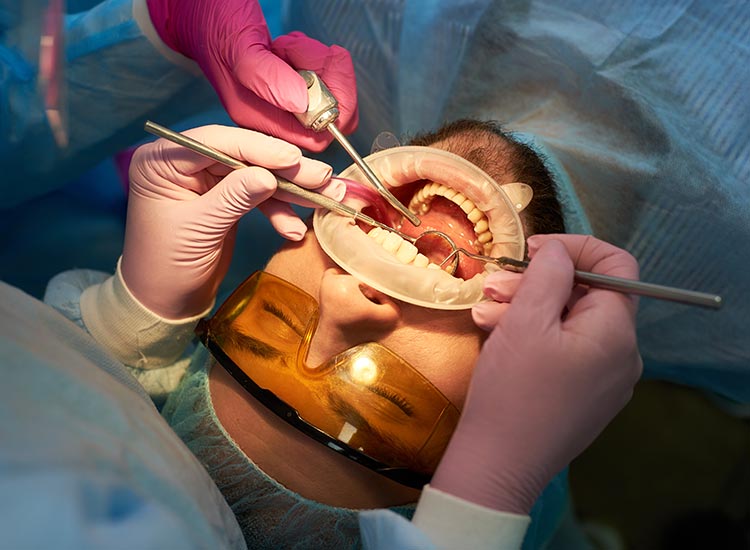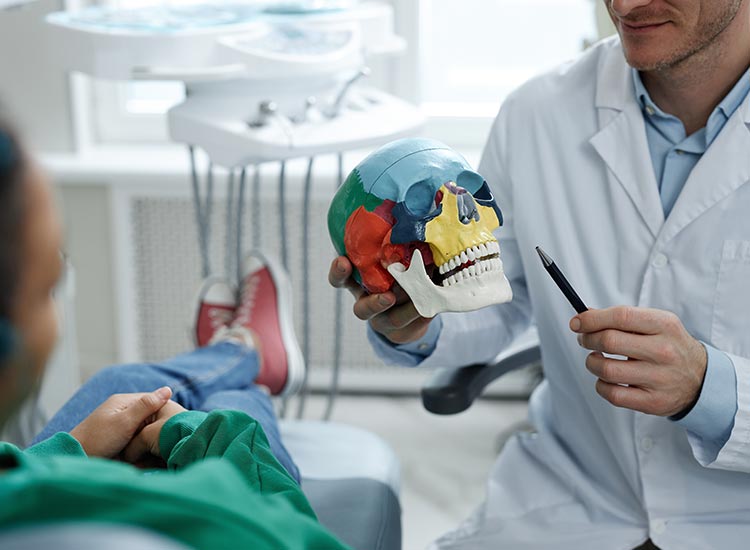What is the Most Common Maxillofacial Trauma?
The most common maxillofacial trauma is a mandibular fracture, which is a break in the lower jawbone.
Key Points to Consider:
-
Mandibular fractures are often caused by accidents, sports injuries, or assaults.
-
Symptoms include jaw pain, swelling, misaligned bite, and difficulty speaking or chewing.
-
Prompt treatment is essential to restore jaw function and prevent long-term complications.
-
Treatment may involve wiring the jaw or surgical fixation with plates and screws.
-
Oral and maxillofacial surgeons specialize in diagnosing and repairing these fractures.

Why Mandibular Fractures Are So Common
The Jaw’s Location and Role Make It Vulnerable
The lower jaw, or mandible, is one of the most prominent and mobile bones in the face, which makes it especially prone to injury during trauma. Whether it’s a fall, car accident, sports collision, or physical assault, the jaw often absorbs the direct impact. As a result, fractures in this area are frequently reported in emergency rooms and dental clinics.
Mandibular fractures can range from hairline cracks to complex breaks involving multiple areas of the bone. Since the jaw plays a critical role in eating, speaking, and breathing, timely evaluation and treatment are necessary to ensure full recovery. X-rays and CT scans are typically used for accurate diagnosis.

Treating and Recovering from a Mandibular Fracture
How Doctors Repair Jaw Injuries
Treatment for a mandibular fracture depends on the severity and location of the break. Some cases require the jaw to be immobilized using wiring, while others need surgical fixation with metal plates to realign the bone. Recovery typically involves a soft or liquid diet and regular follow-ups to ensure proper healing.
If not treated properly, a broken jaw can lead to long-term problems like bite misalignment, chronic pain, or difficulty chewing. Working with an oral and maxillofacial surgeon ensures that both the structure and function of the jaw are restored. Rehabilitation may also include dental care or physical therapy for full recovery.
If you suspect a jaw fracture after an injury, seek prompt evaluation from an oral and maxillofacial specialist to ensure safe and effective treatment!
